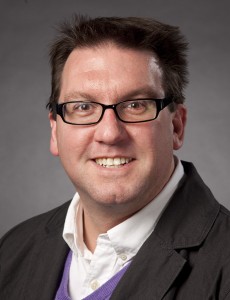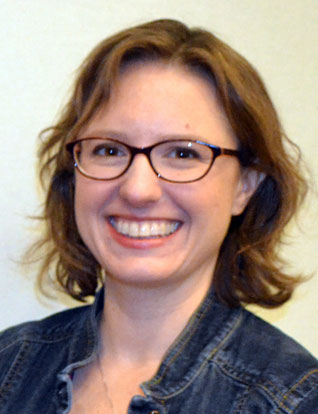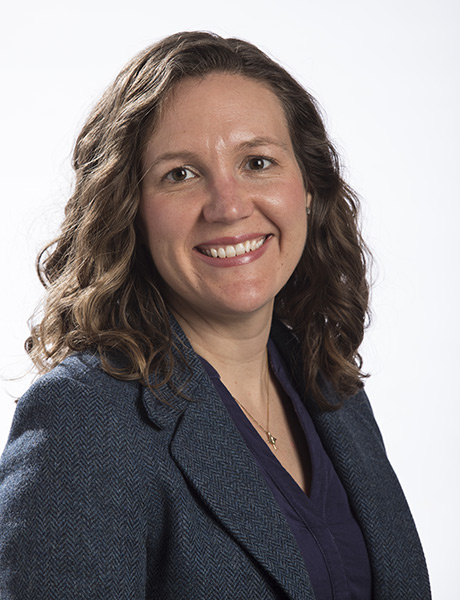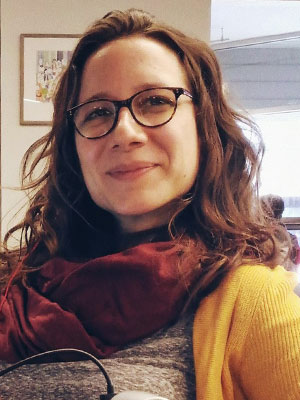
John W. Jordan
PhD, University of Georgia
Professor Jordan researches the intersection between rhetoric and technology in strategic communication situations, as well as theories of rhetorical communication and their application in contemporary contexts. His specific research focuses on e-commerce strategies, online community dynamics, presidential interpretations of national technology goals, and public dissemination of messages about technology. Professor Jordan’s background is in rhetorical theory and new media studies.
Communication Faculty page
Video Introduction to John Jordan

Leslie J. Harris
PhD, Northwestern University
Professor Harris studies rhetoric in public culture especially as it pertains to representations of gender and race. She is specifically interested in the ways in which gender and race shape national space and identity. Her research has explored these issues through analyzing nineteenth century marriage controversies, anti-slavery literature, sex trafficking controversies, and gun violence prevention rhetoric. Professor Harris’ background is in rhetorical criticism, rhetorical history, and argument theory.
Communication Faculty page
Video Introduction to Leslie J. Harris

Sara VanderHaagen
PhD, Northwestern University
Professor VanderHaagen studies how we use rhetoric to argue about and reshape stories about the past, with a particular emphasis on the ways that race and gender influence shared memories of people and events. Her work also examines African American public discourse and history. She has researched these issues in both historical and contemporary contexts, including speeches, children’s literature, and museums and memorials. Professor VanderHaagen’s background is in rhetorical criticism, rhetorical theory, and rhetorical history.
Communication Faculty page

Lia Wolock
PhD, University of Ann Arbor
Professor Wolock studies the rhetoric of migration, diaspora, and identity. Her research examines the digital media production, consumption, and curation cultures of minority and transnational communities, with a particular focus on the identity work and coalition-building strategies of South Asian Americans. Professor Wolock’s background is in critical-cultural communication and media studies.
Communication Faculty page